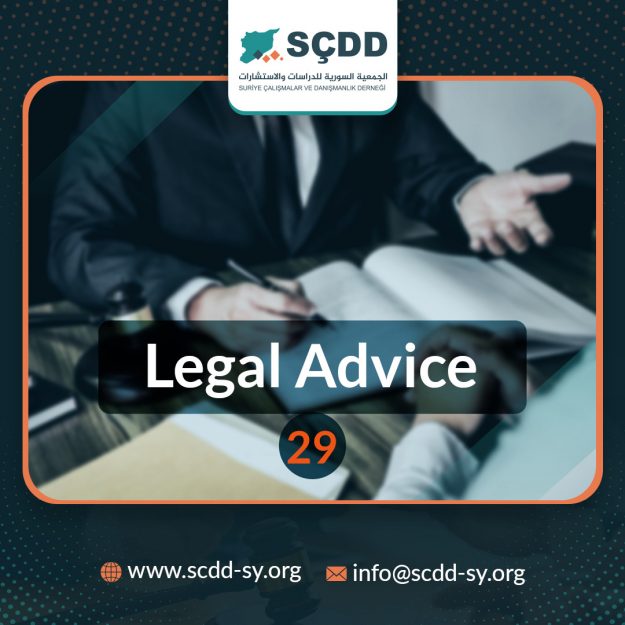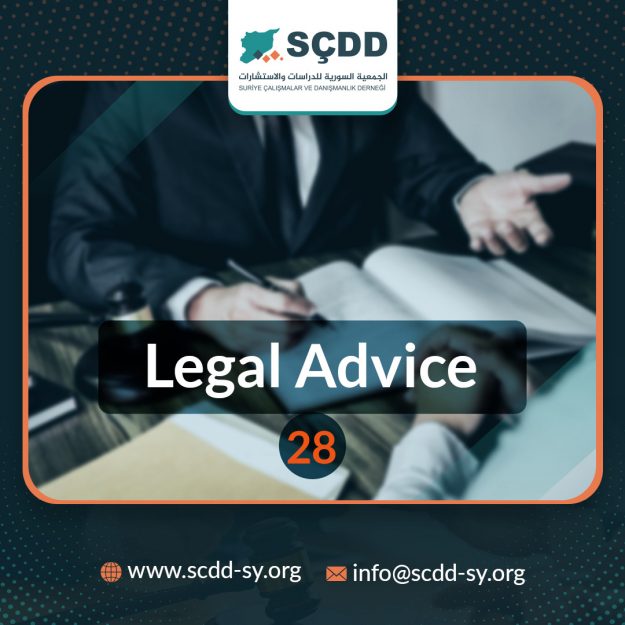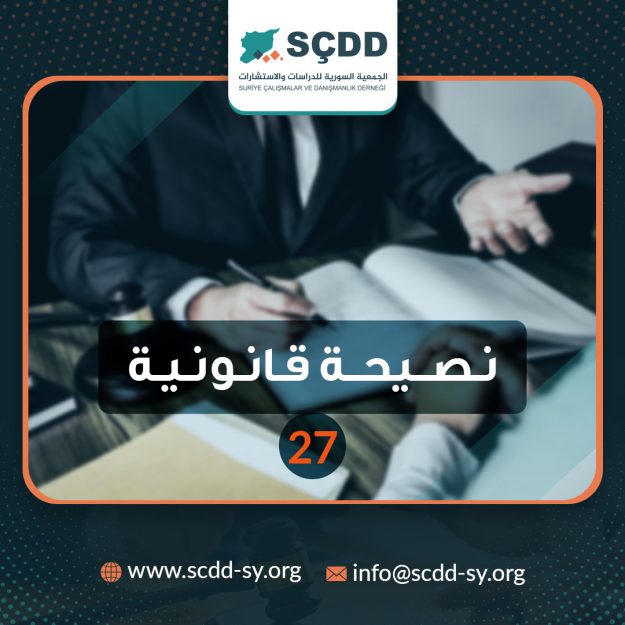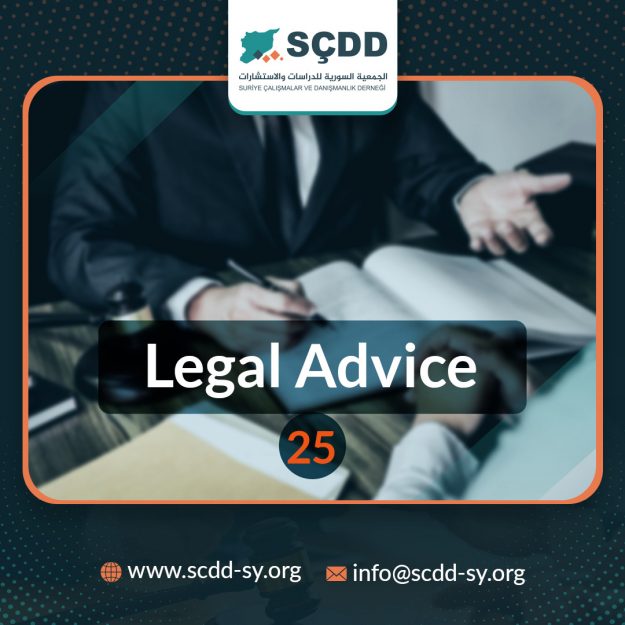Some provisions related to the request for Precautionary Seizure
1- The request for Precautionary Seizure shall be within a summons that includes the plaintiff’s demands 2- The requester of the Precautionary Seizure must pay a cash guarantee determined by the court in the light of the evidence presented in order to secure compensation for the execution debtor. 3- The requester of the Precautionary Seizure…







